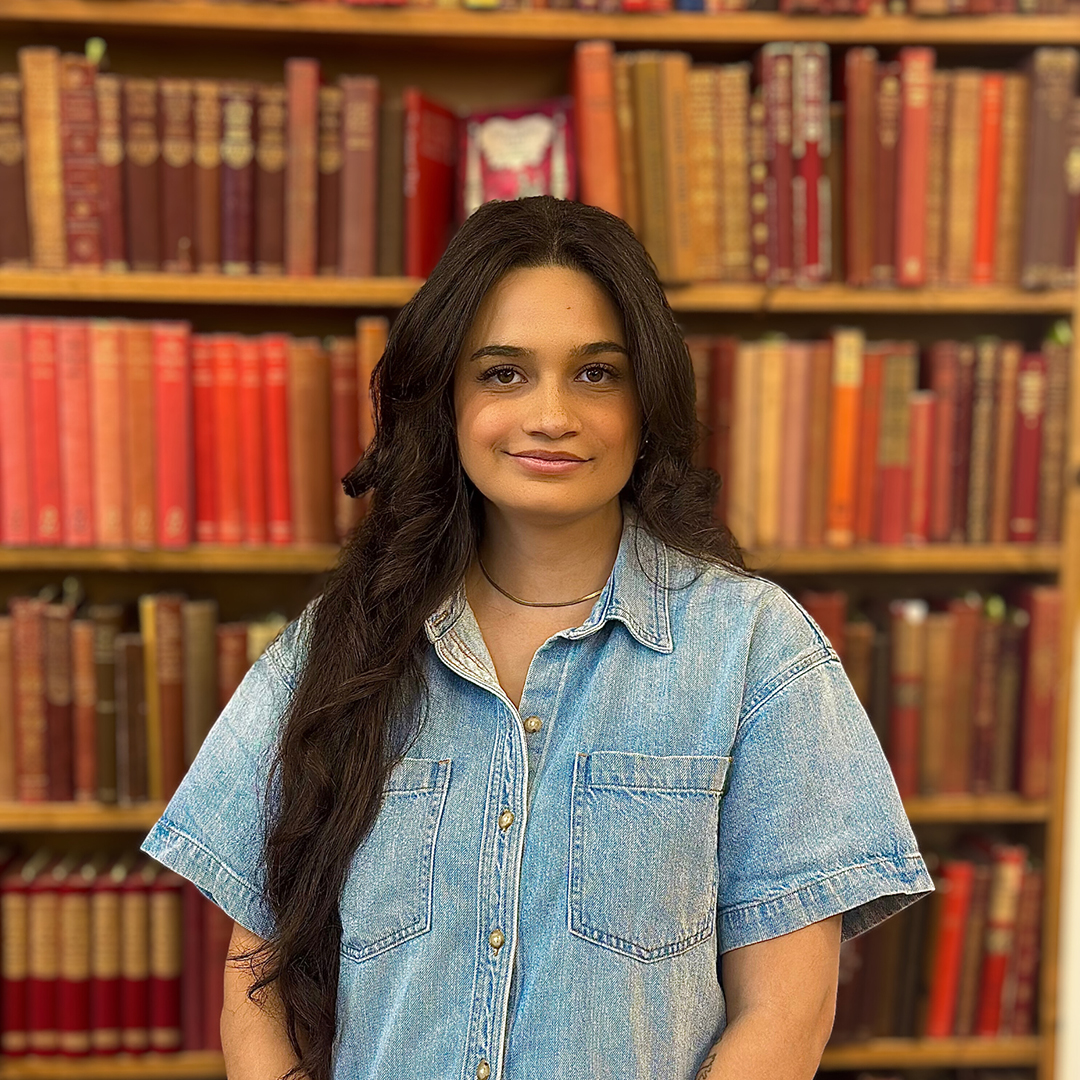 This is the story of one holiday of many that keeps the room’s colonial mythology alive. In telling it, I hope to help reconstruct the room in truth, so that its warmth no longer depends on exclusion.
This is the story of one holiday of many that keeps the room’s colonial mythology alive. In telling it, I hope to help reconstruct the room in truth, so that its warmth no longer depends on exclusion.
Essay Archives
When my life is no longer a priority funding issue: A love letter and a thank you note to resource organizers
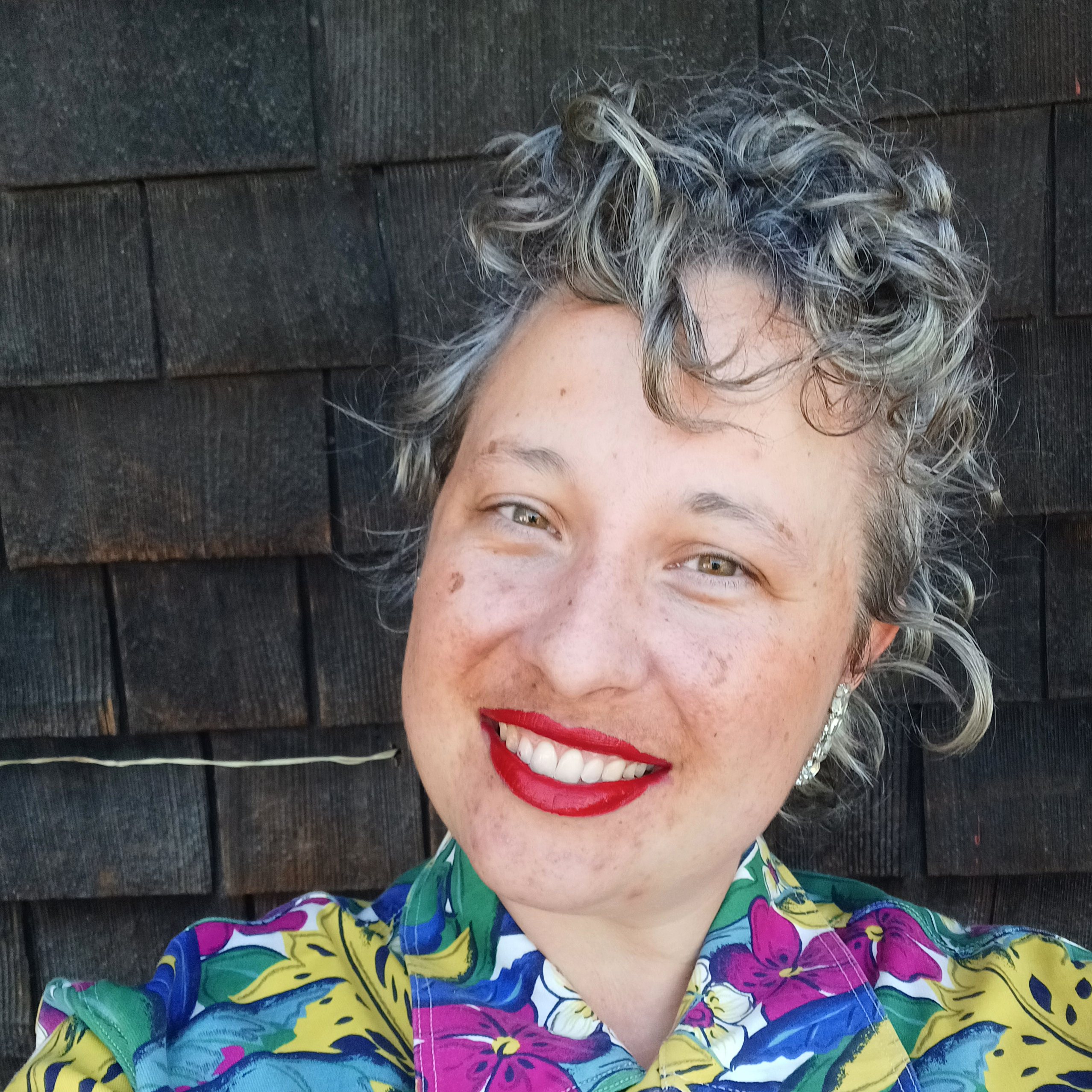 Like resource organizers have always known, the interest of those with money and class privilege comes and goes, but the work continues. I know the work we do matters, and I am grateful that I get to do it with you.
Like resource organizers have always known, the interest of those with money and class privilege comes and goes, but the work continues. I know the work we do matters, and I am grateful that I get to do it with you.
Rethinking stewardship: Who deserves our time (and why)
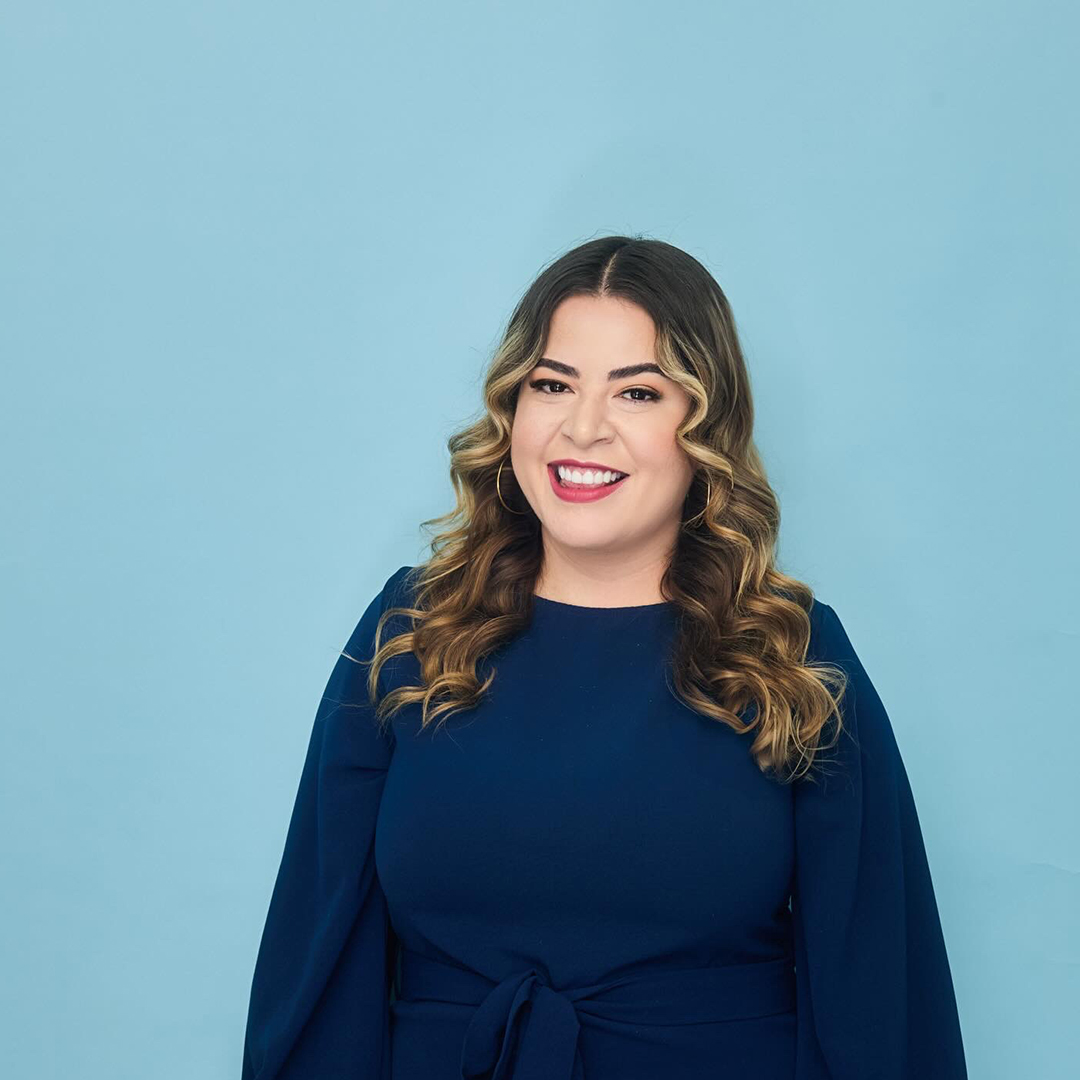 How my lived experience as both charity recipient and fundraiser taught me that true stewardship should center community, not cash…
How my lived experience as both charity recipient and fundraiser taught me that true stewardship should center community, not cash…
From assumptions to integration: Examining your positionality throughout your community-engaged partnerships
 Examining your positionality before, during, and after engaging with historically marginalized communities is so important to the work and allows you to reflect deeply on who you are working with, and why you are working with them. I argue that this reflection can be extremely helpful to be a better researcher, funder, and community-engaged practitioner.
Examining your positionality before, during, and after engaging with historically marginalized communities is so important to the work and allows you to reflect deeply on who you are working with, and why you are working with them. I argue that this reflection can be extremely helpful to be a better researcher, funder, and community-engaged practitioner.
The case for unrestricted funding: Why true equity in philanthropy starts with autonomy
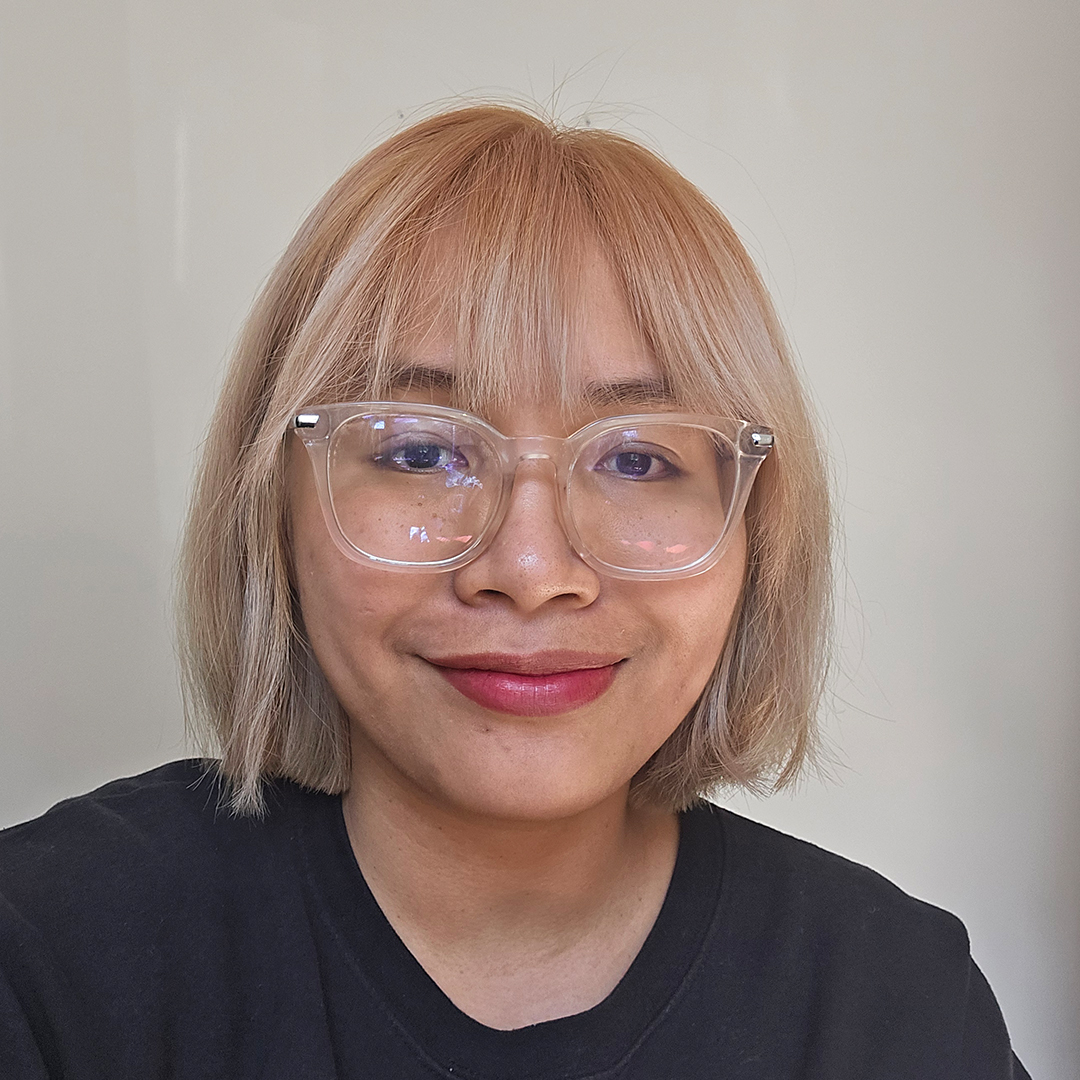 But what is unrestricted funding, and what room is there for it in the philanthropic sector? More importantly, how will it change the way we manage programs, and how will it contribute to building more equitable and anti-colonial practices within a still-colonial system?
But what is unrestricted funding, and what room is there for it in the philanthropic sector? More importantly, how will it change the way we manage programs, and how will it contribute to building more equitable and anti-colonial practices within a still-colonial system?
Defunding of the ECJ Communities Grants: The scale of what is being taken from communities nationwide
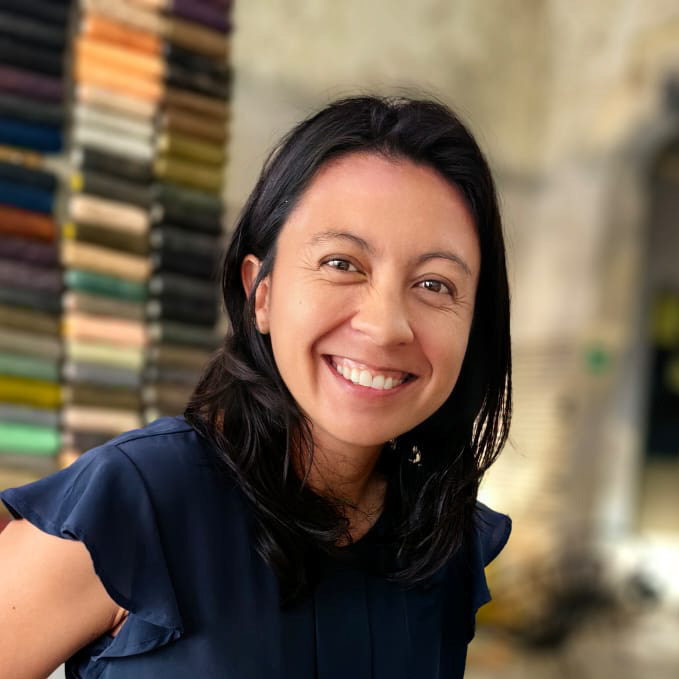 The actions of the Federal Government have caused harm. For grantees, this has in some cases led to them laying off staff, spending limited resources without reimbursement, and may even result in threatening an organizations’ existence. It has certainly eroded relationships built with communities over years. And life-saving measures that were going to be implemented will not.
The actions of the Federal Government have caused harm. For grantees, this has in some cases led to them laying off staff, spending limited resources without reimbursement, and may even result in threatening an organizations’ existence. It has certainly eroded relationships built with communities over years. And life-saving measures that were going to be implemented will not.
Maybe it’s time to acknowledge scarcity… in order to cultivate collective abundance
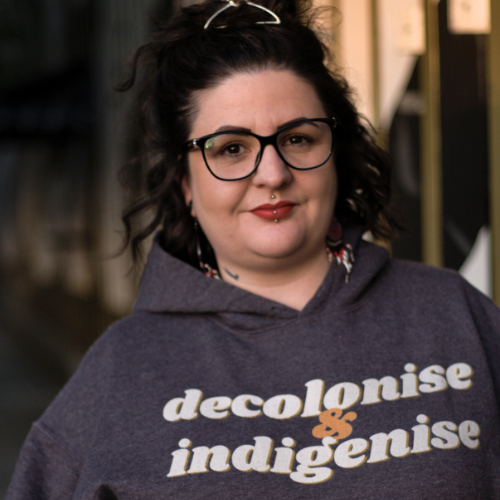 Someone working from [a Collective Abundance] model doesn’t wait for big grants to trickle down. They find creative, hyper-local ways to resource others in the community by sharing donors ethically, co-hosting campaigns, exchanging labor, pooling sponsorships, and even trading non-cash resources that reduce expenses.
Someone working from [a Collective Abundance] model doesn’t wait for big grants to trickle down. They find creative, hyper-local ways to resource others in the community by sharing donors ethically, co-hosting campaigns, exchanging labor, pooling sponsorships, and even trading non-cash resources that reduce expenses.
Capacity isn’t an excuse: How disabled people are excluded from nonprofit programs
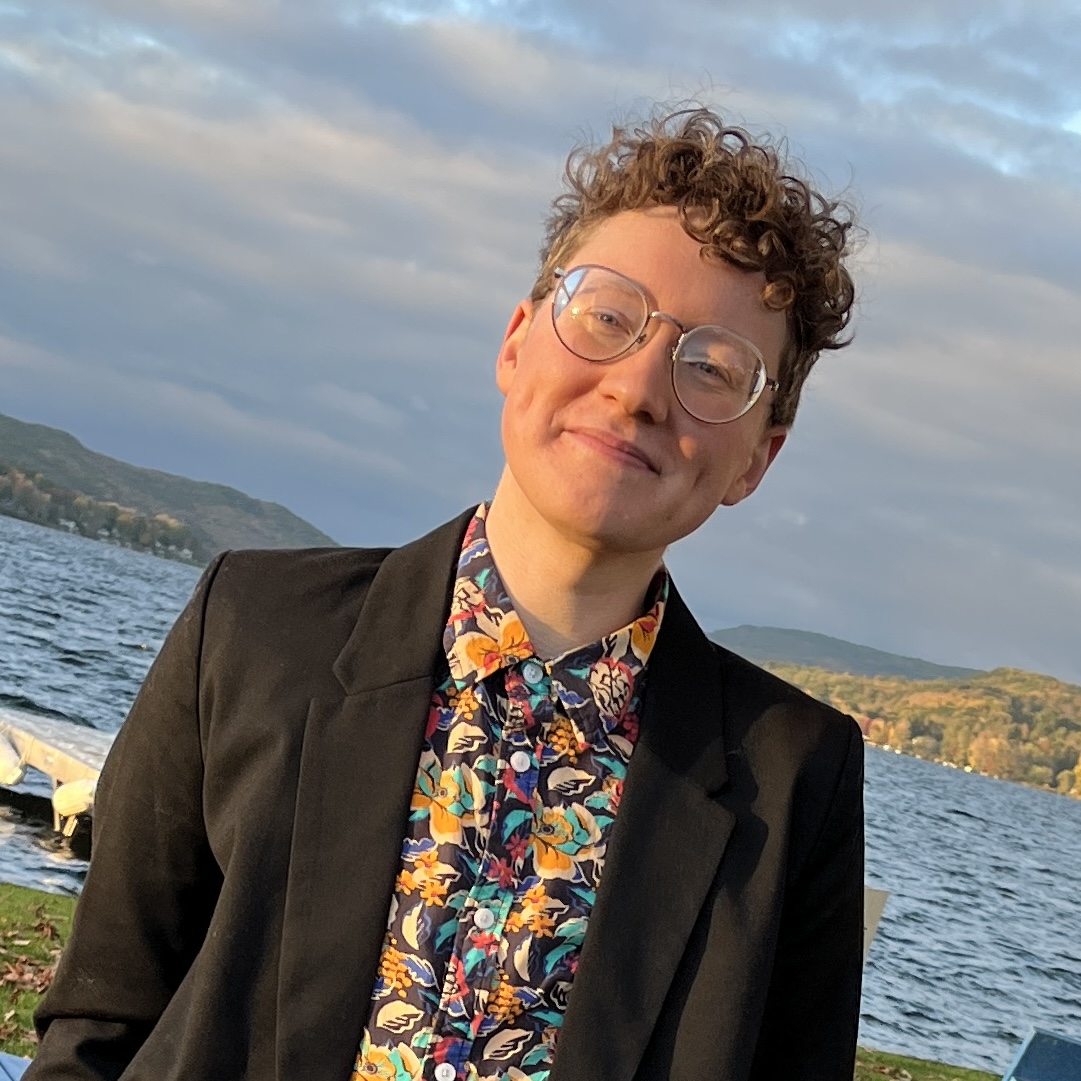 I’ll be the first to admit that I have a lot of disabilities, so after being excluded so many times, I started to question: “Is it just me? Am I too hard to accommodate?” But the requests I made were simple…
I’ll be the first to admit that I have a lot of disabilities, so after being excluded so many times, I started to question: “Is it just me? Am I too hard to accommodate?” But the requests I made were simple…
ChatGPT weakens our capacity to reimagine liberated futures; how not to relinquish your agency to Big Tech
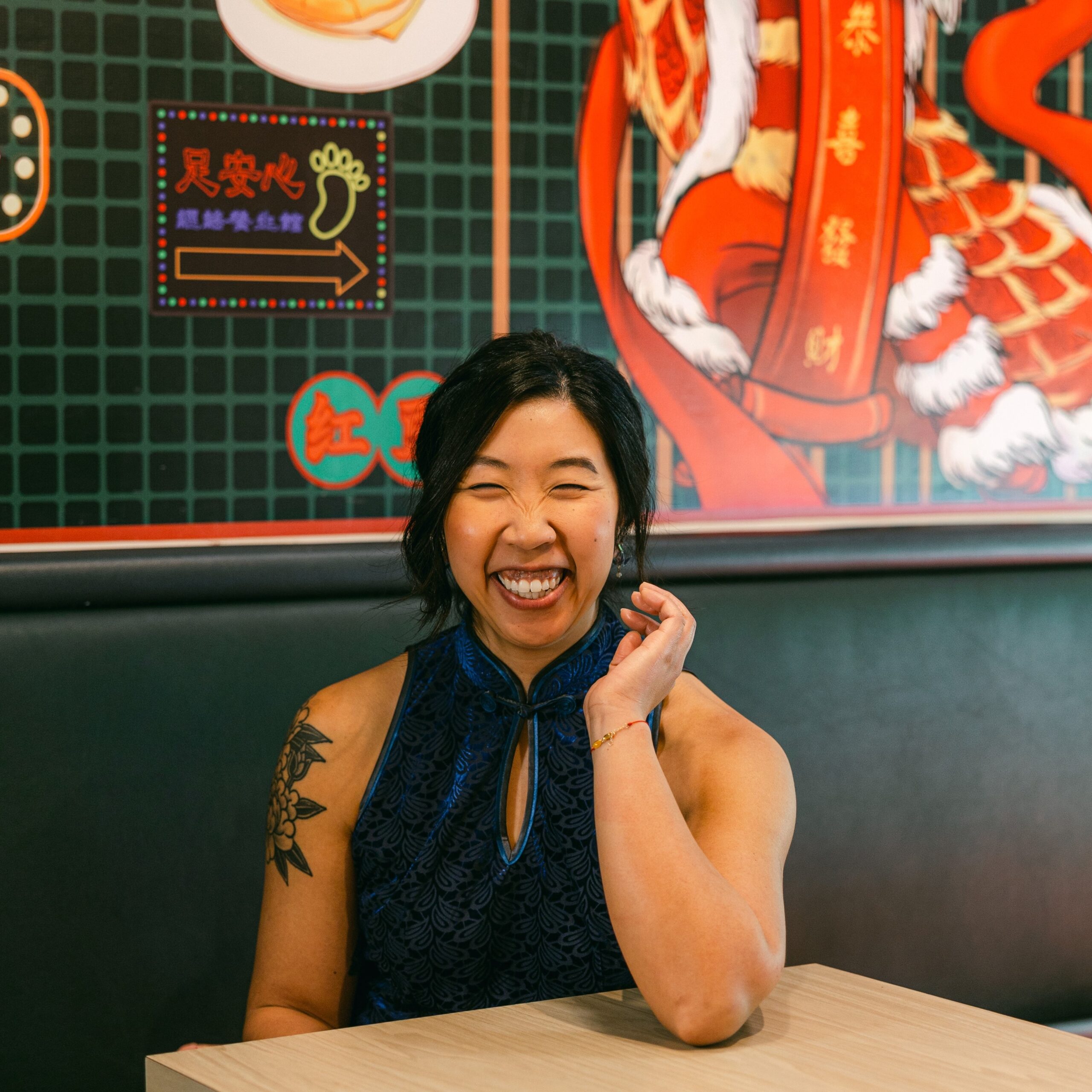 The conversation I want to have is about the internal cost of relying on capitalist tools built for profit, extraction, and domination. And how ChatGPT is weakening our capacity to reimagine liberated futures.
The conversation I want to have is about the internal cost of relying on capitalist tools built for profit, extraction, and domination. And how ChatGPT is weakening our capacity to reimagine liberated futures.
Dig in for the long game: Nonprofits and fundraisers must prepare for a role in an ecosystem of resistance
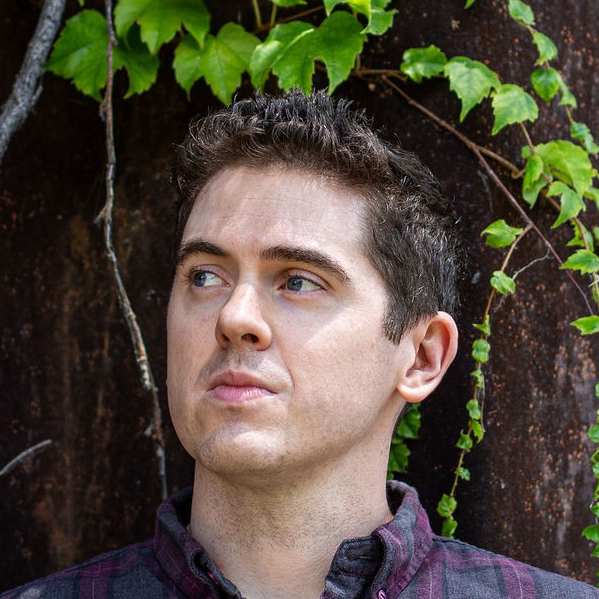 This is institutionalizing the riot. Social benefit organizations can act as a ratchet. When smaller militant organizations push progress forward, larger more moderate ones hold and consolidate gains. The choice is simple: be divided and ruled, or act as part of an ecosystem and win.
This is institutionalizing the riot. Social benefit organizations can act as a ratchet. When smaller militant organizations push progress forward, larger more moderate ones hold and consolidate gains. The choice is simple: be divided and ruled, or act as part of an ecosystem and win.
How to separate your personal & professional value from the funds you raise as a fundraiser of color
By Courtland J. Powers-Gunnells
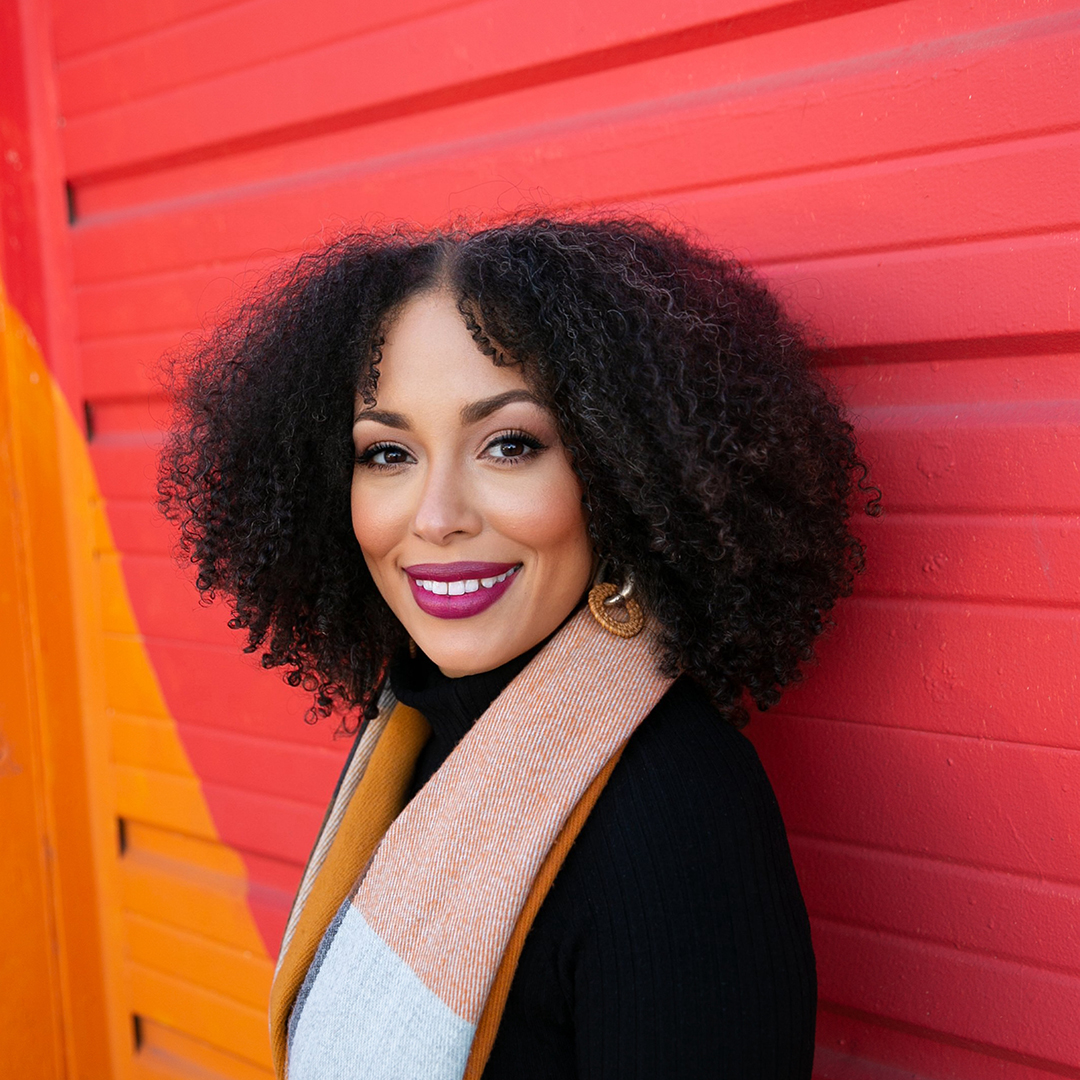 What I realized was that I needed to communicate my impact differently. In my portfolio, I began telling the story of how my approach to fundraising centered on what organizations needed most.
What I realized was that I needed to communicate my impact differently. In my portfolio, I began telling the story of how my approach to fundraising centered on what organizations needed most.
Imagine raising money for a nonprofit organization while power-obsessed white men wreak havoc on liberty and justice for sport.
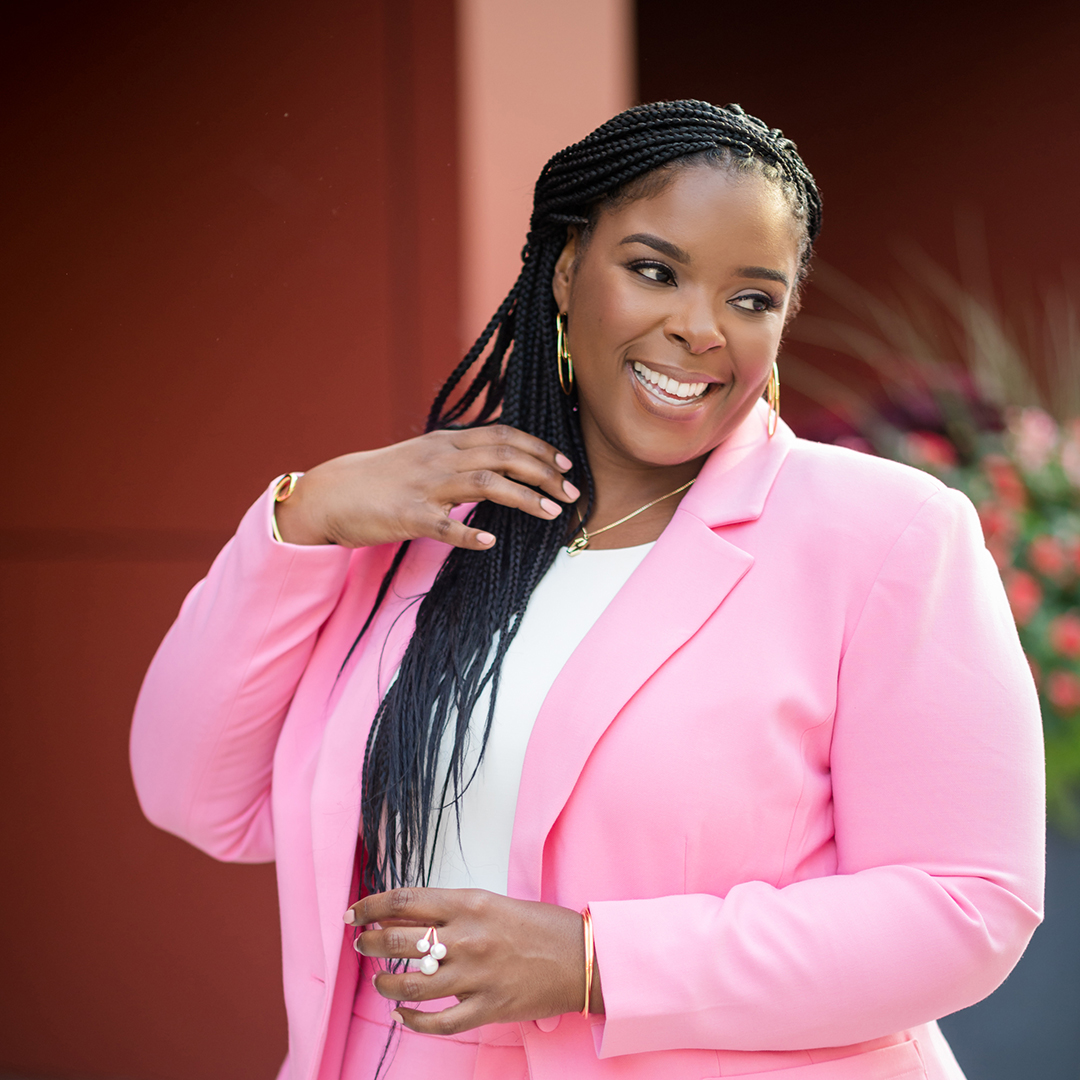 …amidst new waves of political chaos and cruelty, I’m back again—this time with an invitation to build community in a new way, namely to make peers and colleagues of our ancestors.
…amidst new waves of political chaos and cruelty, I’m back again—this time with an invitation to build community in a new way, namely to make peers and colleagues of our ancestors.
